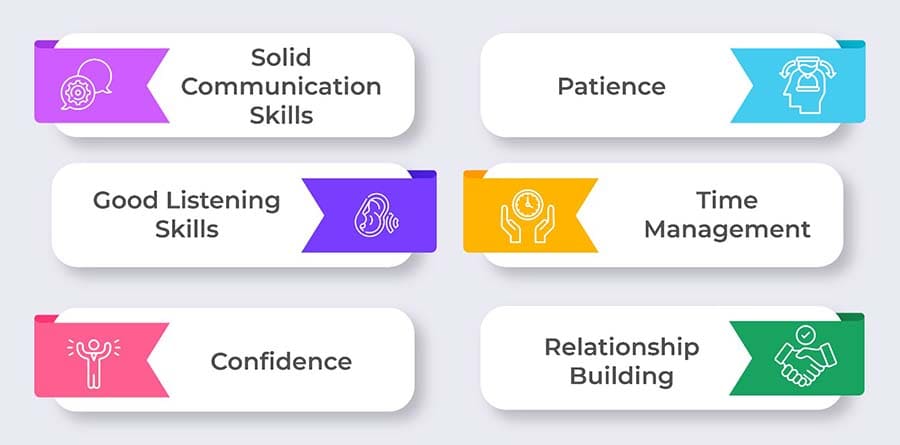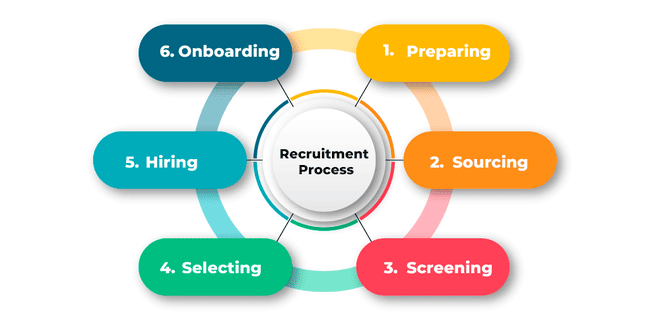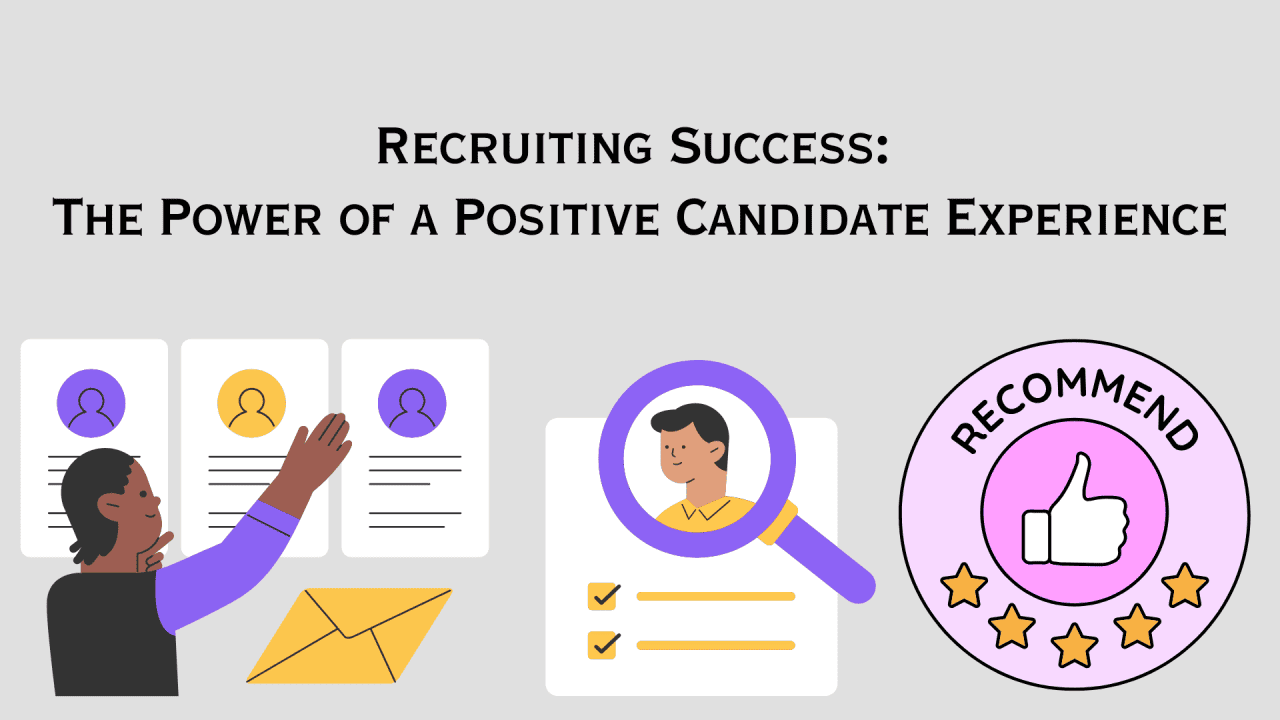
How can we help you today?
Registered Office
Infowan Technologies Pvt Ltd
Mumbai-401107. INDIA.
Contact Details
+91 98201 97205
+91 98201 26871
+91 98670 74415
support@infowan.net
info@infowan.net

If you're wondering what is HR recruitment, you're not alone. At its simplest, HR recruitment is the process organizations use to attract, select, and hire the best candidates for their job openings. In today's competitive business world, understanding what is HR recruitment is crucial for companies aiming to build high-performing teams and sustain growth.
The recruitment function in HR has evolved dramatically over recent years. What was once a mostly manual, paper-based process now integrates sophisticated HRMS and recruitment automation tools, like InfowanHR, designed to make recruitment more efficient and data-driven. This article dives deep into what is HR recruitment, why it matters, the types and processes involved, and how technology is transforming recruitment in modern workplaces.
To answer the question, what is HR recruitment, we need to look at its broad scope. HR recruitment is the end-to-end process managed by the Human Resources department to identify workforce needs, find suitable candidates, evaluate their qualifications, and bring them onboard as employees.
HR recruitment is not just about filling vacancies; it is a strategic activity that aligns hiring with business goals, ensuring that the organization hires individuals who contribute to productivity and culture.
Understanding what is HR recruitment also means recognizing its impact on business success. Recruitment is a foundational HR function that influences several key organizational outcomes:
Hiring skilled employees directly affects the company's output and efficiency.
The recruitment process helps identify candidates who fit well with the company's values and culture.
Effective recruitment reduces turnover by ensuring better job-person fit.
Streamlined recruitment reduces the time and money spent on hiring.
To grasp what is HR recruitment, it's helpful to understand the different types organizations use to attract candidates:
Promoting current employees or transferring staff within departments. Boosts morale and saves costs.
Sourcing talent outside through job boards, agencies, and social media. Widens the talent pool.
Hiring specialized recruiters on contract for high-priority roles with upfront payment.
Recruiters paid only upon successful placement. More risk-averse for companies.
Candidates actively approach companies instead of employers hunting for candidates.

If you want to understand what is HR recruitment practically, you need to know the typical process it involves. Most organizations follow these essential steps:
Analyze workforce gaps and define job roles.
Develop timelines, budgets, and sourcing strategies.
Write clear, concise descriptions of responsibilities.
Use multiple channels to reach candidates.
Review applications and prepare for interviews.
Conduct structured interviews and assessments.
Select the best candidate and negotiate terms.
Introduce to company policies and teams.
Even with a clear understanding of what is HR recruitment, many businesses face hurdles that complicate the process:
Without automation, recruitment involves excessive paperwork.
Inefficient recruitment can drain budgets through prolonged vacancies.
Disorganized candidate data can lead to lost opportunities.
Lengthy processes cause applicants to abandon applications.

Technology is revolutionizing the answer to what is HR recruitment. Modern HRMS platforms like InfowanHR simplify recruitment by offering:
To excel at what is HR recruitment, organizations should adopt these best practices:
Avoid jargon and be specific about qualifications.
Assess recruitment metrics to optimize sourcing.
Standardize questions for fairness.
Employees often recommend good cultural fits.
Communicate transparently and provide feedback.
With InfowanHR, manage payroll, attendance, leave, performance, and recruitment seamlessly — saving you 30+ minutes per employee daily.
Book your free demo today at https://infowan.net/
In conclusion, what is HR recruitment is far more than just filling job vacancies. It is a strategic, multifaceted process that determines the quality and sustainability of an organization's workforce. Understanding its types, challenges, and best practices is key to hiring success.
With the rise of innovative HRMS platforms like InfowanHR, recruitment is becoming faster, smarter, and more efficient. Businesses that leverage technology and data-driven insights are better positioned to attract top talent and maintain a competitive edge.
Q1. What is the difference between HR and recruitment?
HR covers overall employee management, while recruitment focuses specifically on attracting and hiring new talent.
Q2. How long does the HR recruitment process typically take?
On average, 4 to 8 weeks, but it depends on the role and company size.
Q3. What tools are used in HR recruitment?
Applicant Tracking Systems (ATS), HRMS platforms like InfowanHR, job boards, and social media.
Q4. Can small companies benefit from recruitment automation?
Yes, automation saves time and reduces hiring errors regardless of company size.
Q5. What is reverse recruitment?
A method where candidates actively seek out companies rather than employers hunting for candidates.
Q6. How does HR recruitment impact employee retention?
By hiring candidates who fit the company culture and role, retention rates improve significantly.
Q7. What are the main challenges in HR recruitment today?
Manual tasks, long hiring times, high costs, and poor candidate engagement.
Q8. How can technology improve HR recruitment?
Automation speeds up processes, improves data tracking, and enhances candidate experience.
Best HR Software in India | Top HR Software in India | What is an HR System? | Online HR Management Software | Best Payroll Software in India | Employee Payroll Management System | What is a Payroll System? | What is Payroll? | What is HRMS? | What is HR Management? | 7 Roles of HRM | What is Human Resources? | Top HR Interview Questions | What is HR? | HR Analytics Explained | What is HR Compliance? | Human Resource Management Guide | Best HRMS System | HR Management System Software | HR Software for Small Business | Best HRMS Employee Self Service | What are the Functions of HRM | Functions of HRM | Human Resource Accounting | Difference Between HRM and HRD | Best HRMS Software in India | Top HRMS Software in India | HRMS Companies in India | What is 3rd party payroll | Payroll Software list | What is payroll management in HR